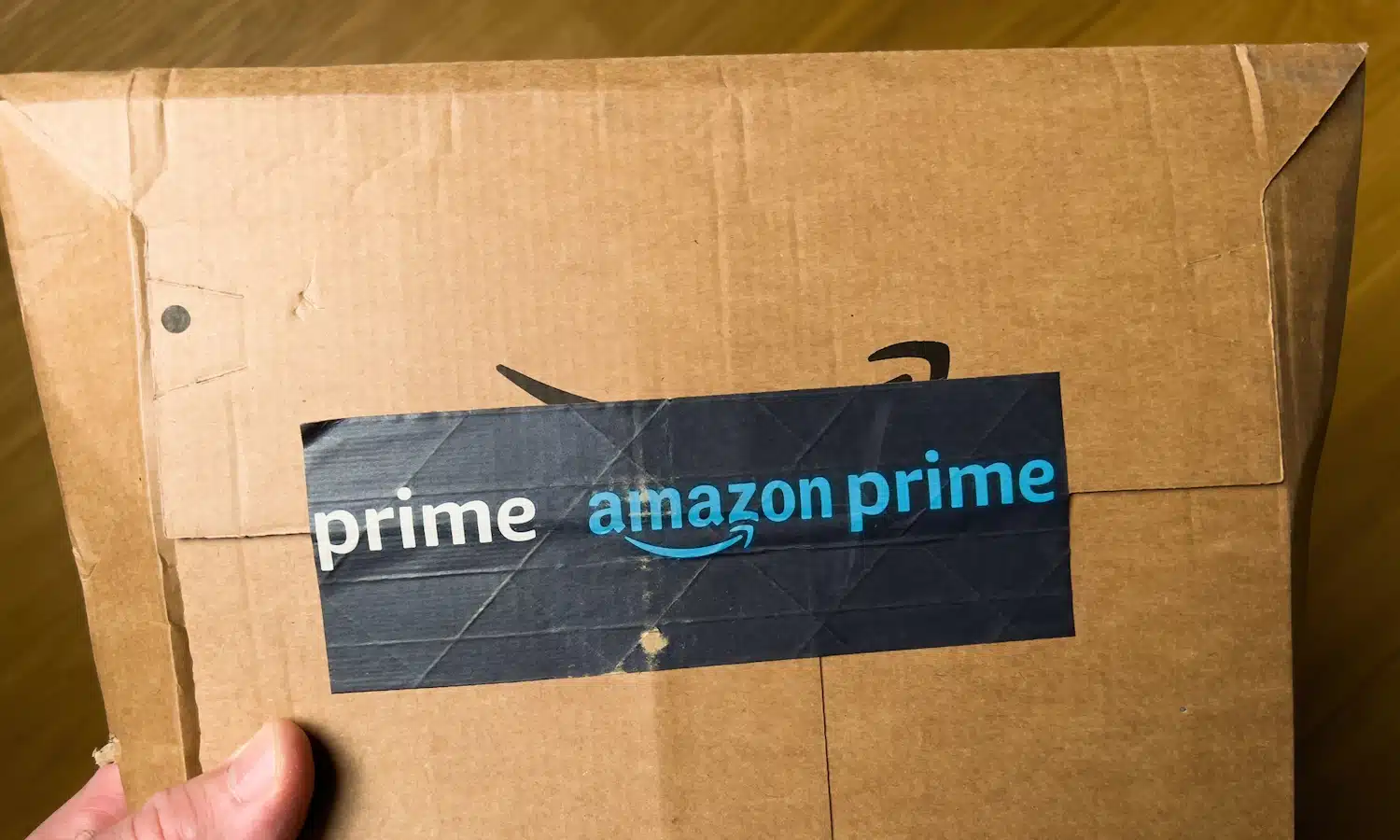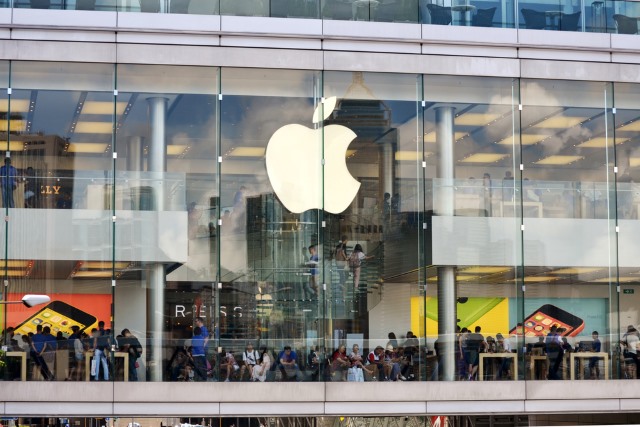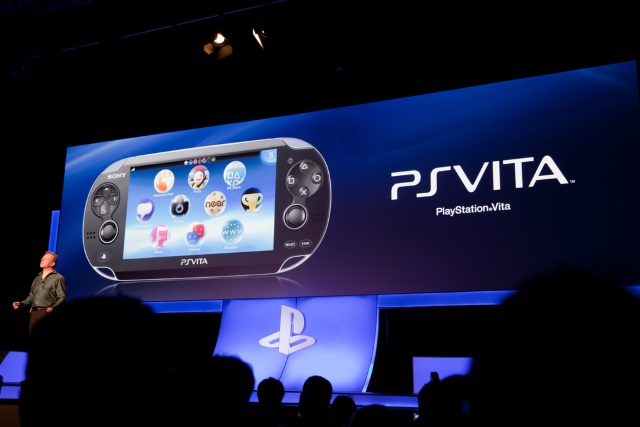
Ahead of Prime Day, Amazon is sued for 'manipulative tactics' that trick customers into taking out and renewing Prime subscriptions
The Federal Trade Commission is suing Amazon for fooling customers into "unknowingly" subscribing to Amazon Prime. The company is accused of using manipulation and "dark patterns" to dupe people into what the FTC describes as "Nonconsensual Enrollments".
As well as the accusation of tricking customers into Prime Subscriptions, the FTC's complaints say that the company makes the cancellation process "labyrinthine". The Commission points out that while signing up for an auto-renewing Prime account takes just two clicks, bringing the subscription to an end requires navigating "four-page, six-click, fifteen-option cancellation process".

FTC to fine Facebook $5 billion for Cambridge Analytica privacy violations
The Federal Trade Commission has voted to hit Facebook with a $5 billion fine for privacy violations relating to the Cambridge Analytica scandal. While this is the largest fine ever handed out by the FTC, the impact on Facebook's coffers is going to be minimal; this is how much revenue the company generates in a month.
Although the fine has not been officially confirmed -- and neither the FTC nor Facebook are commenting on the matter -- a Friday vote on the fine is said to have gone 3-2 in favor of approving it. The size of the penalty has been described variously as a "parking ticket" and "barely a tap on the wrist". Democrat Senator Ron Wyden reacted by saying: "No level of corporate fine can replace the necessity to hold Mark Zuckerberg personally responsible for the flagrant, repeated violations of Americans' privacy".

FTC spanks Lenovo for bundling security-compromising adware on laptops
Lenovo has settled with the Federal Trade Commission after selling laptops with VisualDiscovery adware pre-installed. The Superfish-developed adware was installed without users' consent and made machines vulnerable to man-in-the-middle attacks.
On top of this, the adware shared users' browsing data with third parties. As part of the settlement, Lenovo must gain explicit consent from users before engaging in similar tactics in the future, and must not misrepresent software that serves to inject ads into browsing sessions. The FTC did not, however, prohibit Lenovo from installing adware on its hardware, nor did it impose a financial penalty on the Chinese company.

Apple sues Qualcomm for $1 billion over excessive royalties
Apple is not happy with its longtime partner Qualcomm, as it has filed a $1 billion lawsuit against the chip maker for allegedly being charged "royalties for technologies [that Qualcomm has] nothing to do with."
This is the second major lawsuit filed against Qualcomm this week, with the US Federal Trading Commission announcing on Tuesday that it is taking the chip maker to court for "monopolizing key semiconductor device used in cell phones." The two lawsuits are related.

US Federal Trade Commission sues D-Link for having terrible security
D-Link is facing a lawsuit brought against it by the US Federal Trade Commission for the poor security of its routers and connected cameras. The FTC says the company failed to take reasonable steps to protect users from hackers.
The FTC is seeking to improve the security of all IoT (internet of things) devices in the wake of compromised devices being used to launch high-profile DDoS attacks such as Marai and Leet Botnet. D-Link argues that the charges brought against it are "unwarranted and baseless" and plans to "vigorously defend itself".

Think Android security updates take too long to roll out? So do the FTC and FCC
Both the Federal Communications Commission (FCC) and Federal Trade Commission (FTC) are starting to ask the questions that Android users have been asking for years: why do updates and upgrades take so long to roll out?
If you're in possession of a flagship or recent handset, the chances are you're in line to receive timely updates for the foreseeable future. But Android's fragmentation means that older handsets quickly drop off the radar, get forgotten and remain unpatched. The FCC and the FTC both want to know why security patches are slow to hit phones, and the agencies have launched separate, but parallel, investigations.

Amazon held to account for billing parents for in-app purchases made by their kids
A federal judge has ruled that Amazon is liable for sending out bills to parents of children who made in-app purchases without permission. Amounting to millions of dollars, the bills have now been deemed unauthorized, and Amazon faces having to pay back a large percentage of the money.
The case has echoes of similar legal action brought against Google and Apple for purchases made by children in the App Store and Google Play. Amazon, Apple and Google have all implemented systems to prevent unauthorized purchases since being investigated by the FTC back in 2014.

ASUS' routers will be audited for 20 years
Taiwanese hardware manufacturer Asus has agreed to settle Federal Trade Commission charges, the agency reported on Tuesday. Back in 2014, it was discovered that Asus’ routers had poor security protocols, putting hundreds of thousands of users’ data at risk.
Under the settlement, Asus will have to establish and maintain a comprehensive security program, subject to independent audits for the next 20 years. The FTC said the vulnerabilities allowed attackers to gain access to at least 12,900 routers.

FTC could probe Apple Music over legality of 30 percent cut from streaming rivals
The launch of Apple Music has been one of the most controversial for some time. After complaints about the free trial period not generating income for record labels -- a problem seemingly sorted out by the intervention of Taylor Swift -- attention turned to how little the music streaming service paid artists the rest of the time.
Now Apple has a new problem, bringing Apple Music into the limelight for the wrong reasons once again. The Federal Trade Commission is currently considering whether to probe the company for antitrust violations. Reuters reports that the FTC could be on the verge of launching an investigation into the legality of the 30 percent cut Apple takes from other streaming music services such as Spotify.

Sony pays out to customers after deceptive PS Vita ads
Sony has started to make settlement payments to PlayStation Vita owners, six months after the Federal Trade Commission found that the company had run misleading ads about the handheld console. If you bought a PS Vita before June 1, 2012 -- and haven’t already returned it for a full refund -- you are in line to receive $25 cash back.
Alternatively, a voucher that can be exchanged for merchandise worth at least $50 is also available. Despite the FTC's findings Sony still "neither admits nor denies liability", the payouts offer some compensation for gamers who feel they were misled.

Google to cough up $19 million in kids' in-app purchases case
Google is to pay out at least $19 million to Android users whose children were tricked into making expensive in-app purchases on smartphones and tablets. The Federal Trade Commission has been investigating mobile purchases for the last three years, and Apple agreed at the beginning of the year to a settlement. Amazon was also investigated and plans to appeal against the charges. In agreeing to repay the money, Google has effectively admitted that apps available in Google Play may be deceptive.
The brunt of the FTC case centers around the idea that it was not made clear to parents that their children would be able to make purchases within apps without authorization. Many of these in-app purchases are to be found in games where players are encouraged into parting with money in return for extra lives, game power-ups, or to unlock new levels. The FTC complained that since 2011 Google had indulged in unfair practices that left parents with bills of hundreds of dollars.
